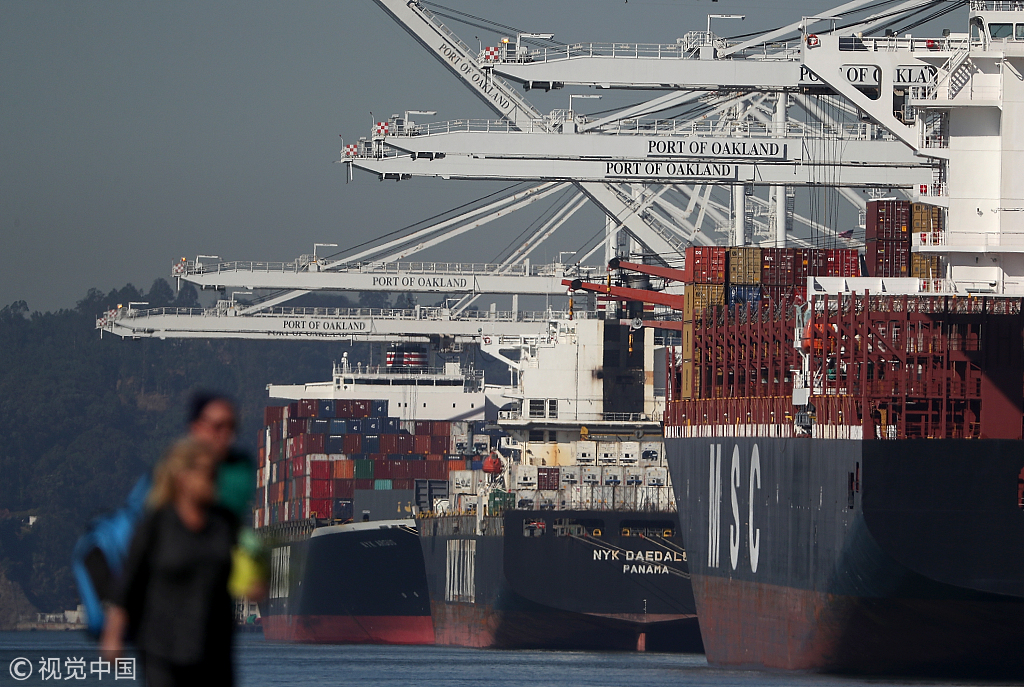US protectionist moves no solution to trust deficits


NEW YORK - The US unilateral slapping of steep tariffs on foreign goods is a wrong remedy for its trade deficits but a protectionist step that builds up trust deficits with trade partners by caring increasingly less about rules-based multilateralism.
US President Donald Trump on Thursday threatened to impose high tariffs on $100 billion of imports from China, in addition to $50 billion of Chinese products his administration listed earlier this week that provoked China's retaliatory tariffs plan.
Responding to this, China said it is fully prepared and will not hesitate to strike back fiercely, according to the Ministry of Commerce (MOC).
The trade friction between the world's top two economies can be traced to the US levy of high tariffs last month on steel and aluminum imports from many countries including China, later with exemptions. China countered with tariffs on 3 billion dollars of US products.
The latest US moves are part of the new trade barriers stemming from the Trump administration's "America First" policy. They have apparently broken today's multilateral trade rules Washington led countries to establish with the 163-member World Trade Organization (WTO) at the center.
In fact, the United States has benefitted from the rules-based WTO trading system that now covers over 98 percent of global trade. Its current unilateral high tariffs undermine the WTO system, risking an escalation of trade disputes with major trade partners.
For example, in a countermove, South Korea on Friday said it has notified the WTO that it would seek suspension of its tariff concessions on imported US goods worth 480 million dollars.
Protectionism has proved not a viable solution to trade disputes.
In 1930, the US Smoot-Hawley Tariff Act raised tariffs by nearly 60 percent and in the two following years, US exports dropped nearly two-thirds because related countries resorted to similar protectionist measures. As a result, US export markets dried up, domestic industries slowed down, and unemployment rate rose to 25 percent in 1933.
The historical lesson prompted a new trade approach to be institutionalized at the international level with the creation of the WTO' s predecessor -- the General Agreement on Tariffs and Trade (GATT) in 1948.
Today, economies worldwide are unprecedentedly interdependent. The United States, as the world's largest economy, cannot act unilaterally, for doing so would entail dangerous consequences at home and abroad.
No country can be better off alone should the WTO-centered multilateral trading system fall apart.
Calling the "America First" ideology the "most unbelievable step backwards," former US Secretary of State Madeleine Albright recently urged the Trump administration not to make America "seem like a victim," a mentality that "everything is somebody else's fault."



































